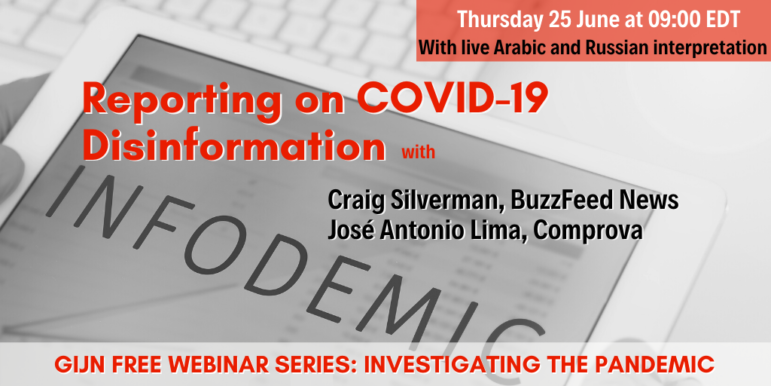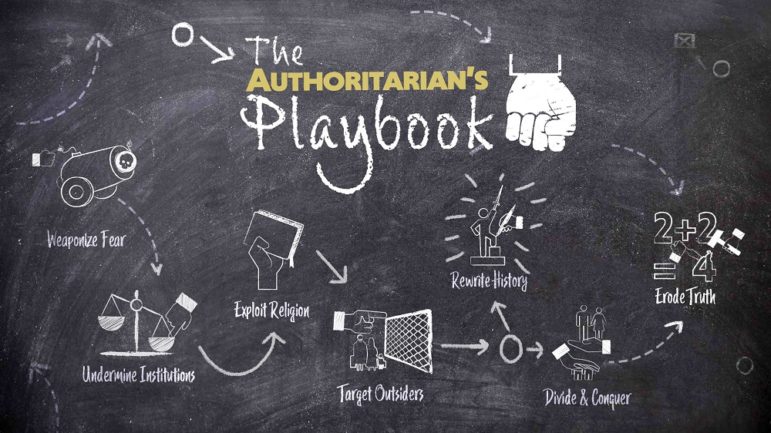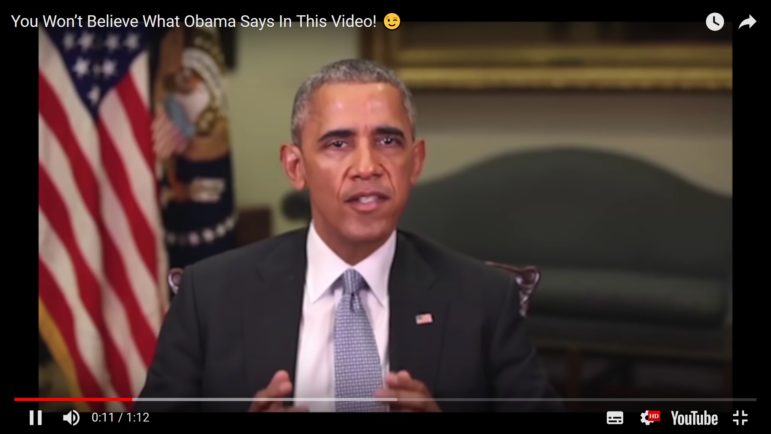
News & Analysis
What We’re Reading: Infodemic Crackdown, Tips on Covering Elections, and Data Journalism with R
For this week’s Friday 5, where GIJN rounds up key reads from around the world in English, we’ve been reading about misinformation in both pandemic and election coverage, a slew of how-tos on doing data journalism in R, and the latest research on measuring impact.









